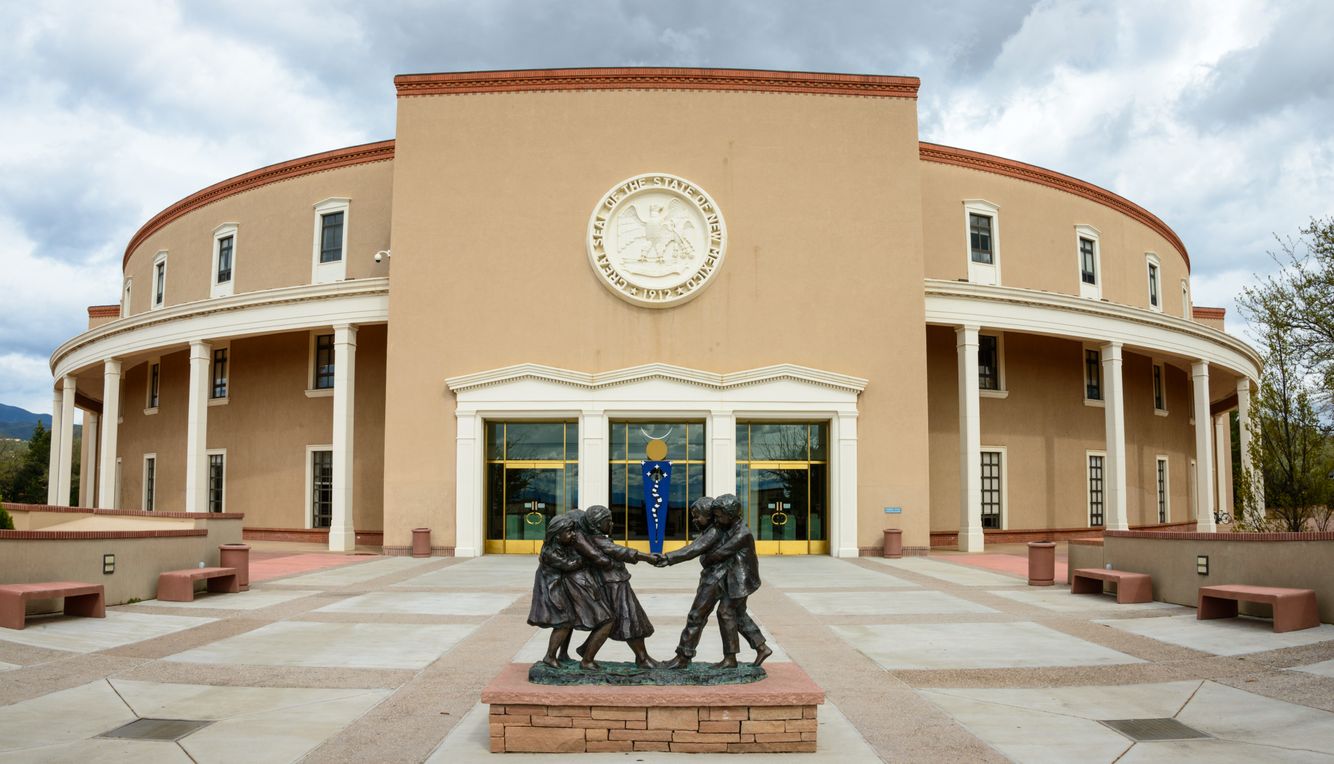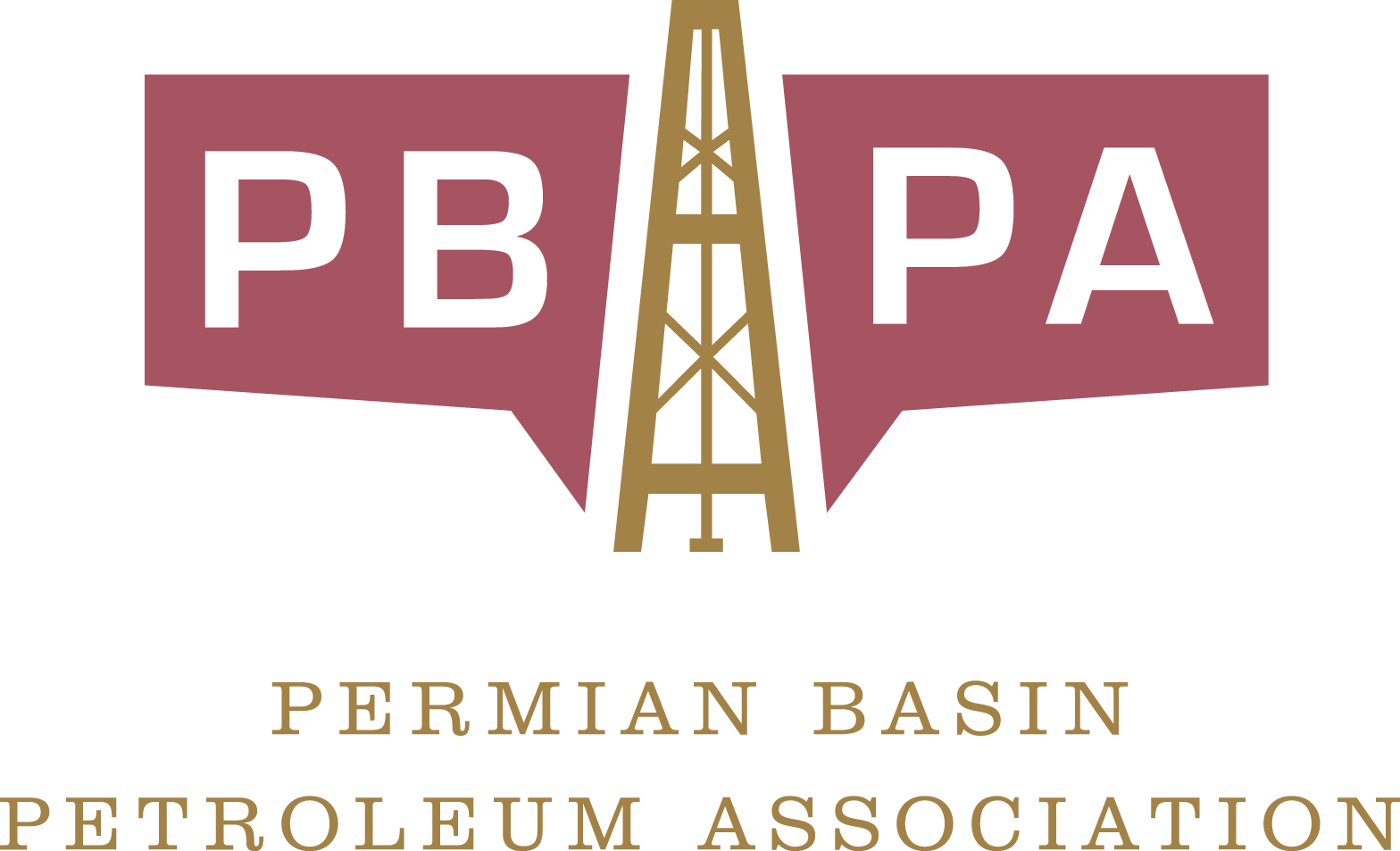
New Mexico legislative session deemed positive for energy
March 2, 2024
Midland Reporter-Telegram
by Mella McEwen
New Mexico’s annual legislative session recently ended in mid-February and oil and gas producers are now grading its impact.
“As with so many legislative sessions, New Mexico’s session has to be viewed through the scope of we don’t get the opportunity to accomplish a lot of positive things but what negative things you can prevent. That’s the way we approach the sessions in New Mexico,” Stephen Robertson, executive vice president, Permian Basin Petroleum Association, told Grant Swartzwelder, president of OTA Environmental Solutions, during his Oilfield Strong webinar.
Chris Mitton, government affairs advisor with Civitas Resources, noted this is the company’s first experience with New Mexico legislative sessions and he appreciated working with PBPA, New Mexico Oil and Gas Association and others. It was an adjustment from his experience with Colorado legislative sessions and he said he appreciated the opportunity to talk about how Civitas operates, its focus on being a good partner to local communities and the state and its long-term plans for its operations in New Mexico.
“There were a lot of interesting pieces of legislation, some good, some bad,” Mitton observed. “The resolution of the session was positive for the industry and I hope to work with our partners for a successful 2025 as well.”
Robertson noted that the 30-day session doesn’t offer a lot of time to pass bills or resolutions but – at least in New Mexico – it lays the groundwork for legislation to be reintroduced in the next session. He cited as an example what is known as the Green Amendment, which says all New Mexico residents are entitled to a clean environment and which has been introduced three sessions in a row. Bills are heard in multiple House and Senate committees, and he said this amendment didn’t make it out of the first committee, “which is a good sign there’s not a lot of support.”
Another piece of legislation sought to overhaul the state’s Oil and Gas Act and both Robertson and Mitton agreed the state’s Oil and Gas Act needs to be updated. But they raised concerns with the legislation’s incorporation of required setbacks for oilfield facilities, without defining those facilities.
Robertson said it wasn’t clear if that would include natural gas flowlines supplying gas to residences and businesses and it could result in no construction close to any existing construction.
Asked by Swartzwelder about the proposed changes to the Oil and Gas Act that would increase fines and penalties and increase bonding requirements, Robertson said that is a valuable conversation to have.
“Around the bonding aspect in particular because New Mexico has grown tremendously in production,” Robertson said. People inside and outside the industry need to be aware every well has an end life, he added, and there needs to be a comprehensive plan to take care of those assets at the end of their useful life. He said the industry questioned the point of raising fines, penalties and bond requirements.
“What was the purpose of these specific amounts on certain fines or penalties,” Robertson said, and opponents wondered how the extra funds would be used or if the motivation was to shut down wells.
Mitton predicted that next year’s session will bring such bills back, whether it’s a rewrite of changes to the Oil and Gas Act or a narrower amalgamation of issues like requiring 98% capture of natural gas, or bonding changes.
“We hope it’s not similar to what we’re facing in Colorado and more of a partnership with the administration and environmental community,” Mitton said. “There are reasonable modifications that can be made, and the industry is willing to get to the table and discuss.”
